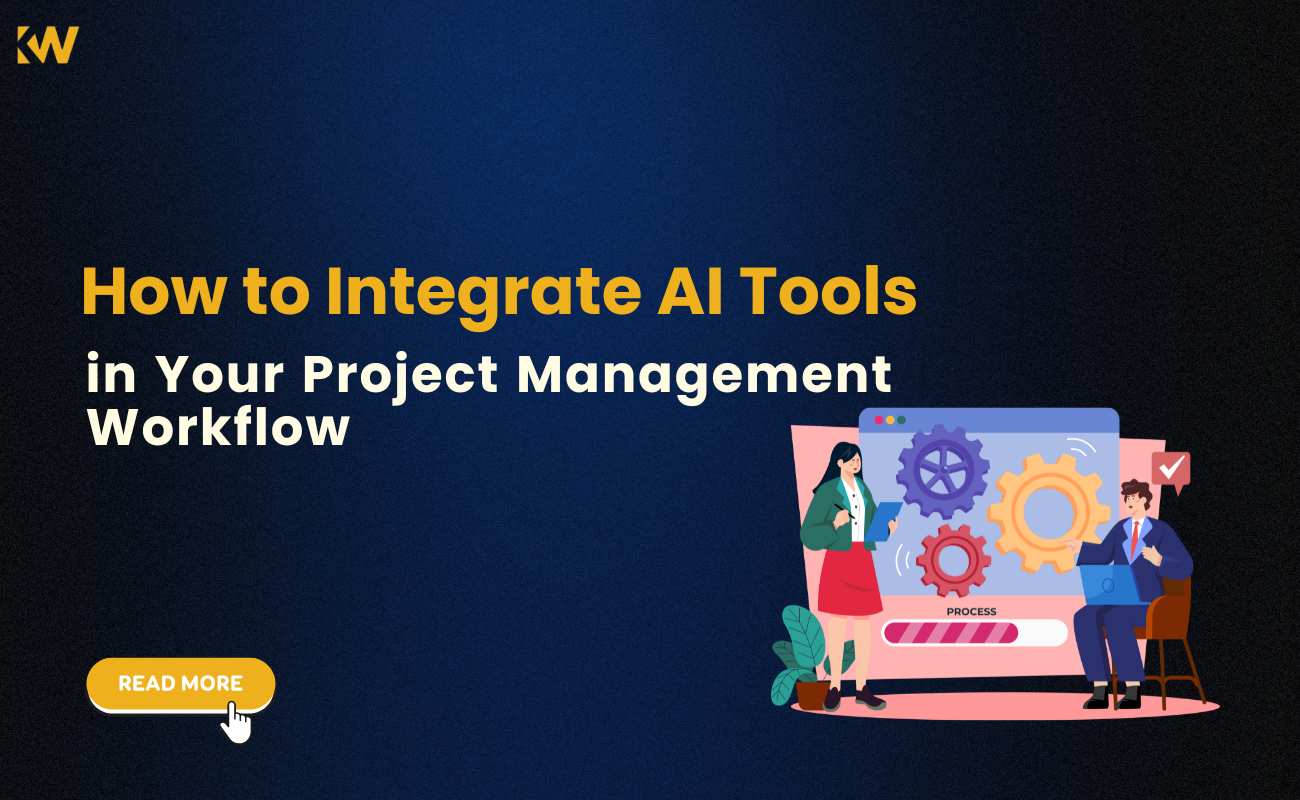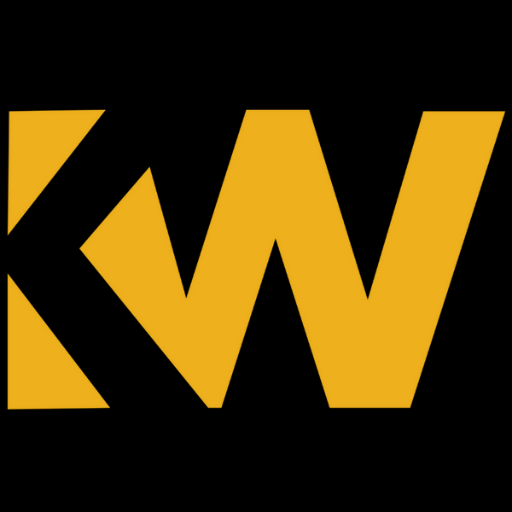Artificial Intelligence (AI) is revolutionising the management of projects, making them more efficient, faster, and efficient. AI tools can automatise routine tasks, offer information-driven insight, and improve team collaboration. For project managers and organizations to integrate AI into workflows not a luxury anymore, but essential to compete in an ever-changing landscape.
This comprehensive guide will show you how to incorporate ai tools in your workflow for managing projects.

1. Understand the Benefits of AI in Project Management
Before making the switch to AI devices, it’s crucial to know how they will enhance the value of your business. AI tools can:
- Automate repetitive tasks such as planning, allocation of resources and even reporting.
- Improve decision-making through predictive analytics and data-driven insights.
- Enhance the management of risk by identifying risky bottlenecks early.
- Improve communication with AI-powered chatbots or virtual assistants.
- Improve productivity by allowing teams to concentrate on their strategic goals.
2. Identify Pain Points in Your Workflow
To maximize the benefits of AI To maximize the benefits of AI, look for areas in your workflow that can be improved or automated. Common problems that AI can be of assistance are:
- Resource Management: Do you struggle to allocate resources effectively? AI can optimize the allocation of resources in accordance with project requirements and availability.
- Time Management: Deadlines are often missed. AI can give precise timelines and help identify possible delays.
- Risk Management: Do you have to deal with unexpected risks? AI can analyse the past and identify the risks early.
A visual representation of these points of pain can help you select the most appropriate AI tools to help you with your workflow.
3. Choose the Right AI Tools
Picking the appropriate ai tools is essential for an effective integration. Here are a few popular types of AI tools to manage projects:
AI-Powered Task Management Tools
- Asana along with Monday.com use AI to prioritize tasks, establish deadlines, and improve workflows.
- AI assigns tasks flags late tasks and helps teams stay on task.
Predictive Analytics Tools
- Smartsheet along with Project Insight provide predictive analytics that allow you to forecast the outcomes of projects and spot the possibility of risk factors.
- AI-driven insights can aid managers make better decisions.
Communication and Collaboration Tools
- Slack and Microsoft Teams integrate AI to help schedule meetings make notes of conversations, summarize them, and schedule reminders.
- Chatbots can provide immediate answers to team members’ questions, and reduce the time to respond.
AI for Time Tracking and Productivity
- Tools such as Clockify and Toggl Track examine the time spent on various tasks and suggest improvements to help you manage your time better.
Risk Management Tools
- RiskWatch and Clarizen utilize AI to identify risks in projects prioritise them and recommend mitigation strategies.
4. Develop a Strategy for Integration
Incorporating AI instruments requires a planned method. Take these actions:
- Start Small
Begin by creating a pilot program to evaluate the efficiency and efficiency of ai tools. Select a single workflow or project in which AI can solve a particular problem.
- Train Your Team
Make sure your team is aware of how to utilize AI tools efficiently. Offer training sessions and user guides that help them learn to use the latest tools.
- Connect to Existing Systems
Select AI tools that work seamlessly with your current program management system. For example, many AI tools have integrations with platforms such as Jira, Trello, or Microsoft Project.
- Monitor and Adjust
Always monitor how well AI tools and collect the feedback of your employees. Make use of this feedback to adjust processes and enhance the process of integration.
5. Leverage AI for Specific Project Management Functions
AI can help improve different aspects of managing project management. Here’s how you can use it efficiently:
- Automated Scheduling and Resource Allocation
AI-powered tools such as LiquidPlanner automate scheduling tasks based on priority dependencies, dependencies, and availability. This helps reduce manual errors and can save time.
- Predictive Project Outcomes
AI can analyse previous data to predict the likelihood of success of projects. Tools such as Proggio provide insight into budgets and timelines for projects to help managers take proactive actions.
- Enhanced Communication
AI-powered chatbots are able to handle common questions, allowing employees to concentrate on more important tasks. They also can provide instant updates to all those in the team.
- Risk Mitigation
AI tools can spot possible risks by studying patterns and patterns. For instance, AI can detect a significant likelihood of delays caused by the lack of resources or scope changes.
- Performance Tracking and Reporting
AI tools create precise reports and dashboards, giving instantaneous insights into the project’s performance. This allows managers to make data-driven decisions.
6. Ensure Data Security and Compliance
AI tools usually process large amounts of sensitive information. Make sure that the AI tools you choose to use are in compliance with industry standards as well as data privacy laws like GDPR, or CCPA. Partner with the IT team to establish strong security measures, like encryption and access control.
7. Measure ROI and Success
To evaluate the effectiveness of AI integration, monitor the performance of key indicators of performance (KPIs) like:
- Reduction in project delays.
- Better utilization of resources.
- Increased productivity of teams.
- Stakeholder satisfaction is improved.
Use these metrics to gauge the ROI (ROI) for AI tools and pinpoint areas that need improvement.
8. Future-Proof Your Workflow
AI is always changing with new features and tools appearing frequently. Keep abreast of the latest developments in AI and constantly review your tools to make sure they are able to meet your project management requirements.
Think about adopting new technologies like machine learning or natural processing of language (NLP) to further improve your workflow.
Conclusion
Integrating ai tools in your workflow for managing projects will change the way you manage teams, tasks and resources. Through automation of routine tasks, providing actionable information and enabling better making, AI empowers project managers to manage projects with greater efficiency and effectiveness.
As organizations more and more embrace AI using these tools, embracing them will be vital to remain ahead of the curve. Begin small, pick the best tools, and then continuously improve your processes until you are able to maximize the potential of AI in project management.
FAQ
Q1. How to integrate AI into your workflow?
Ans. Integrating AI Workflow Automation in Business: A Step-by-Step Guide
- Step 1: Assess Your Business Needs.
- Step 2: Define Your Goals and Objectives.
- Step 3: Research & Identify the Right Technologies for Your Needs.
- Step 4: Pick and choose the best AI Models.
- Step 6: Implement and Monitor.
- Step 7: Measure and Optimize.
Q2. How do you integrate AI into a project?
Ans. The steps to AI implementation
- Build data fluency and understanding.
- Define your primary business drivers for AI.
- Identify areas of opportunity.
- Evaluate your internal capabilities.
- Provide employee training and support.
- Select the vendors and partners.
- Identify suitable candidates.
- Pilot an AI project.
Q3. Could you describe how you incorporate AI tools into your daily workflow to improve efficiency?
Ans. AI tools can take over routine tasks, from email sorting to meeting scheduling, using machine learning and natural language processing. Improved productivity. AI-driven productivity apps cut down the time spent on manual tasks while speeding up information processing. Enhanced decision-making.
Q4. How do you use AI in project management?
Ans. The best use cases of AI in project management
- Automated task scheduling.
- Project forecasting and budgeting.
- Productivity and collaboration.
- Creativity enhancement.
- Risk management.
- Intelligent decision support.
- Performance monitoring and evaluation.
- Quality assurance and control.
Q5. What are the 4 stages of an AI workflow?Ans. An ai tools workflow typically follows four stages: data collection, data processing, decision-making, and action execution. This section will explain each stage in detail, providing insights into how AI systems manage and optimize workflows.

